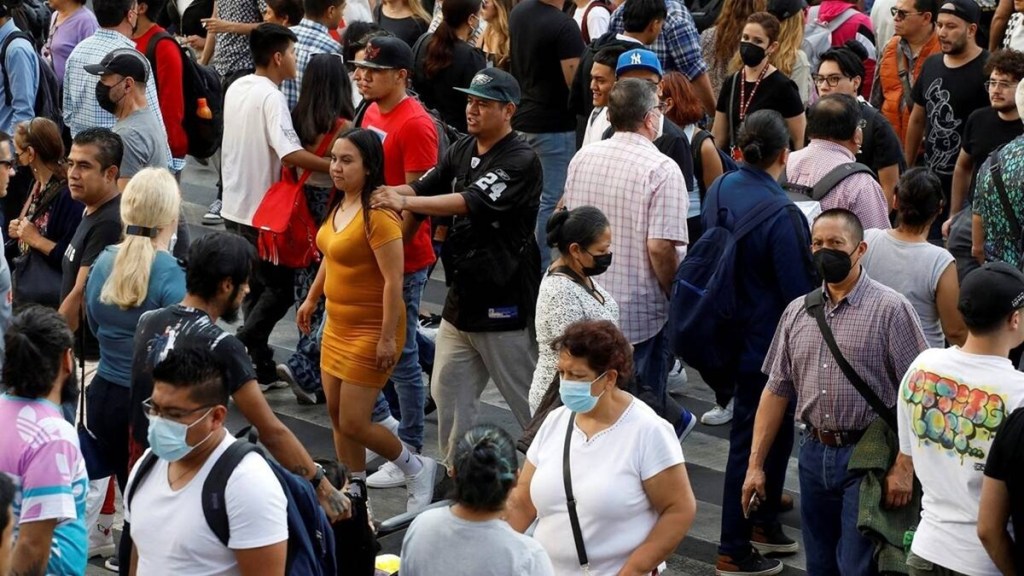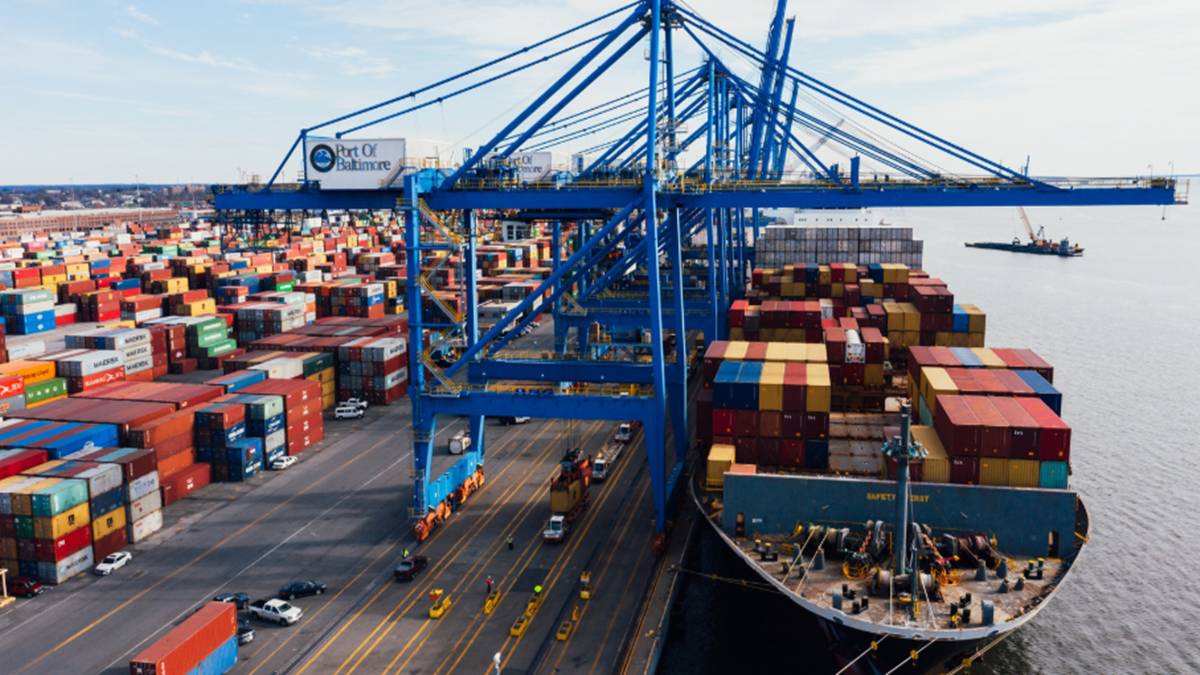The global population surged past 8 billion on Tuesday and it will peak at around 10.4 billion people in the 2080s and remain at that level until 2100, according to UN projections. Middle-income countries, mostly in Asia, accounted for most of that growth, gaining some 700 million people since 2011. India added about 180 million people, and is set to surpass China as the world’s most populous nation next year.
Globally, the 8 billion population milestone represents 1 billion people added to the planet in just the last 11 years. Reaching 8 billion people is “a sign of human success, but it’s also a great risk for our future,” UN’s population division director John Wilmoth told Reuters.
“This year’s World Population Day falls during a milestone year when we anticipate the birth of the Earth’s eight billionth inhabitant. This is an occasion to celebrate our diversity, recognise our common humanity, and marvel at advancements in health that have extended lifespans and dramatically reduced maternal and child mortality rates,” UN Secretary-General Antonio Guterres quoted as saying by The Indian Express.
He added, “At the same time, it is a reminder of our shared responsibility to care for our planet and a moment to reflect on where we still fall short of our commitments to one another”.
Also Read | India must be ready to lead on Critical Climate Change during G20 Presidency
Resource pressure will be daunting especially in African nations, where populations are expected to boom, experts say. These are also among the countries most vulnerable to climate impacts, and most in need of climate finance.
In sub-Saharan Africa, where some 738 million people already live without adequate food supplies, the population is projected to jump by 95% by mid-century, according to the Institute for Economics and Peace, reported by Reuters.
However, births have been steadily declining in the United States, Europe, and Japan. China, too, has struggled with the legacy of its One Child Policy program and last year urged families to have a second and even third child as it also limited access to non-medical abortions.
Even while the global population reaches ever-new highs, demographers note that the growth rate has fallen steadily to less than 1% per year. This should keep the world from reaching 9 billion people until 2037.
Most of the 2.4 billion people to be added before the global population peaks will be born in sub-Saharan Africa, marking a shift away from China and India.
“African cities will, on average, grow,” said Deborah Balk, a demographic researcher at the City University of New York. This will leave millions more urban dwellers exposed to climate threats such as rising seas.
Also Read | India must be ready to lead on Critical Climate Change during G20 Presidency
Across the world, “the coastal zone is disproportionately urban,” she said. “About one in 10 people live in the low-lying coastal zone.” The coastal Nigerian city of Lagos, for example, is projected to become the world’s largest city by century’s end.
Rapid population growth combined with climate change is likely to cause mass migration and conflict in coming decades, experts said.
And having more people on the planet puts more pressure on nature, as people compete with wildlife for water, food and space. But how much they consume is equally important, suggesting policymakers can make a big difference by mandating a shift in consumption patterns.
Carbon emissions of the richest 1 percent, or about 63 million people, were more than double the emissions of the poorest half of humanity between 1990 and 2015, according to a 2020 analysis by the Stockholm Environment Institute and non-profit Oxfam International, reported Reuters.
Meanwhile, global life expectancy at birth reached 72.8 years in 2019, an improvement of almost nine years since 1990, The Indian Express reported. Further reductions in mortality are projected to result in an average global longevity of around 77.2 years in 2050. Yet in 2021, life expectancy for the least developed countries lagged 7 years behind the global average.








